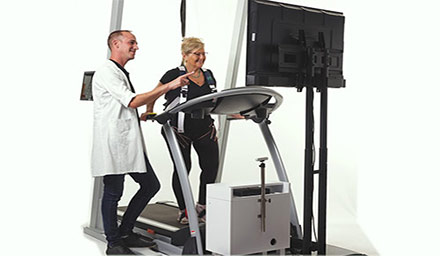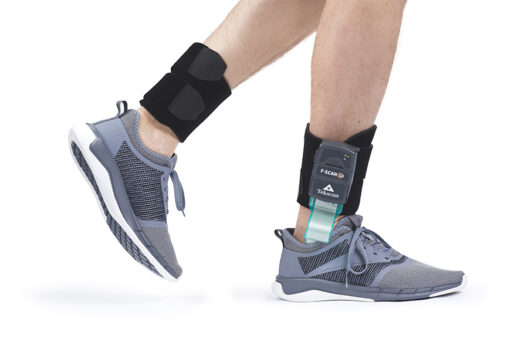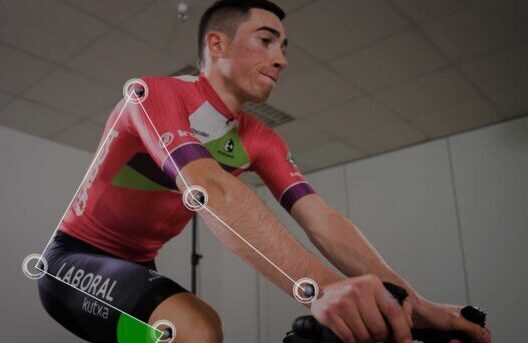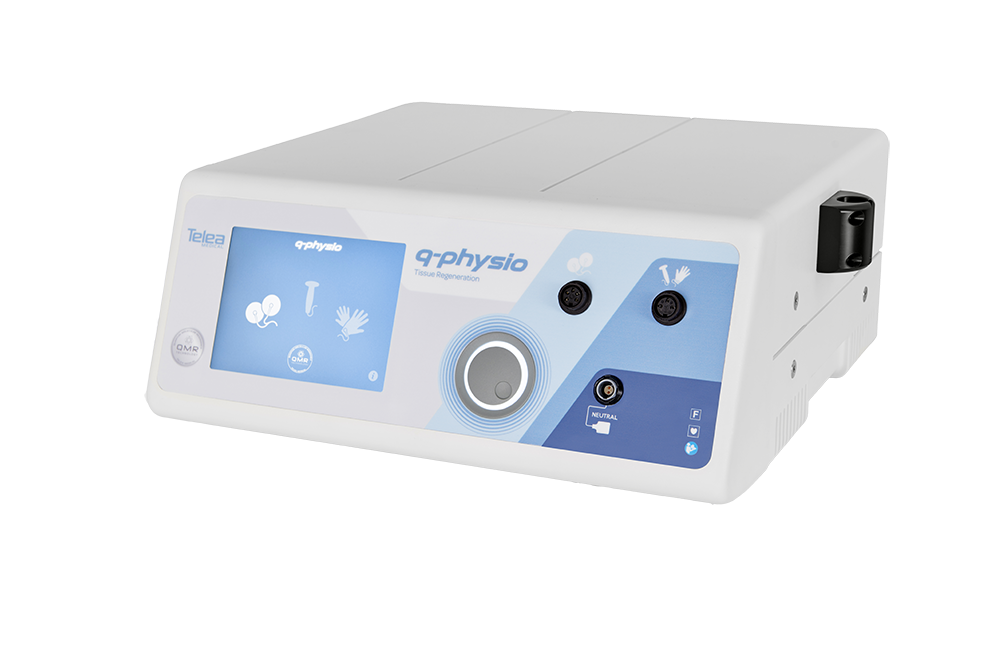
2023 SEEG course in Salt Lake City
SEEG courses bring together an international community of healthcare professionals, uniting brilliant minds from diverse backgrounds – neurologists, neurosurgeons, and epileptologists.


































SEEG courses bring together an international community of healthcare professionals, uniting brilliant minds from diverse backgrounds – neurologists, neurosurgeons, and epileptologists.

The AES Annual Meeting brings together healthcare providers, scientists, advocates, industry, and other professionals dedicated to better outcomes for people with epilepsy.

Surgical management of drug-resistant focal epilepsy represents a successful treatment option in carefully selected patients. It is thus of utmost importance to identify patients amenable
Today marks the Longest Day, an event that marks the Summer solstice that encaptures family, friends, and patients with the goal to fight the darkness
Smaller, lighter & more powerful than ever! Lifelines Neuro trackit™ T4A is the latest ambulatory EEG amplifier, crafted with a robust design for rigorous home

We provide solutions for healthcare and research. We distribute medical equipment, provide scientific expertise and support.
© 2023 Aerobe. All Rights Reserved Terms & Conditions | Privacy Policy